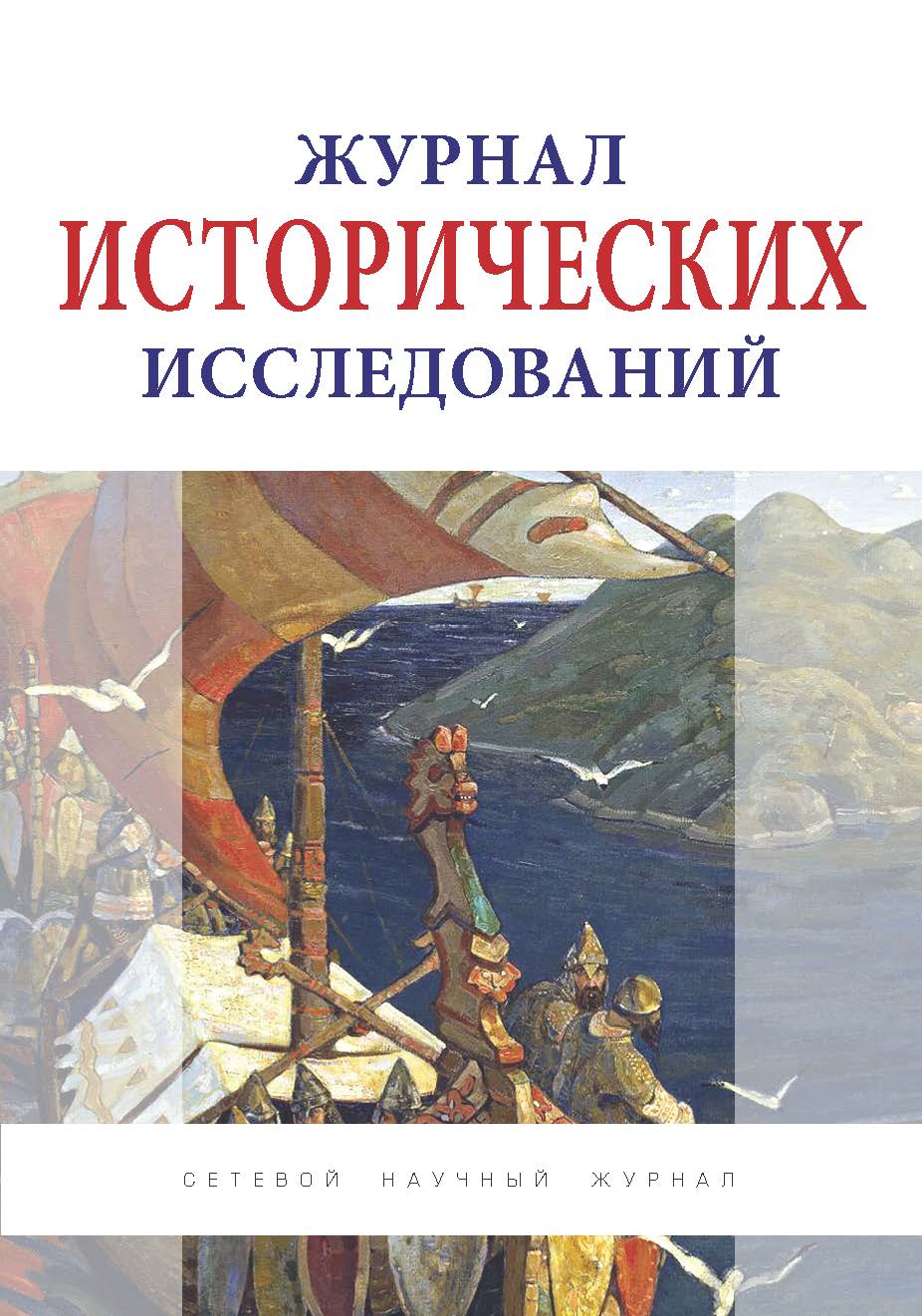Modern historiography is characterized by confusion in the coverage of the stay of theologian Professor Jan Kvačala in Livonia Dorpat (Yuryev) and bewilderment about his reasons for evacuation in 1918 to Voronezh. Recently discovered archival sources show that Kvačala (originally Slovak) took Russian citizenship back in 1915. His move to Voronezh (together with a Russian, exiled from Estonia professorship) therefore does not cause confusion. The article for the first time focuses on the Voronezh period of Kvačala’s activity (1918-1920), reveals new directions of his work. His huge pedagogical and especially comeniological potential in the Soviet environment was not in demand. After leaving Russia in 1920 Kvačala became a professor at the Faculty of Theology of the Komensky University. The author deepened the characterization of Kvačala’s inter-Slavic scientific relations and highlighted the so-called problem of “Yan Kvačala and Russian science”, for the first time revealing correspondence with Russian scientists in Kvačala’s personal fund at the Faculty of Theology. A significant part of the article is devoted to the historiographic analysis of three books by L. Bernat about Jan Kvačala that have appeared in Slovakia in recent years. Two of them are publications of Jan Kvačala’s correspondence. The most impressive is the third – the monograph “The Life and Work of Jan Radomil Kvačala”. The work introduces a new word in the historiography about Kvačala. The article has developed a controversy over a number of not quite thought out and unsubstantiated conclusions in the analyzed works.
professor Jan Kvačala, Dorpat, Voronezh, archival sources, correspondence, historiography, Slovak publications about Kvačala
1. Kvachala Ivan Ivanovich // URL: https://vrnguide.ru/bio-dic/k/kvachala-ivan-ivanovich.html (Data posescheniya: 26.01.2020).
2. Firsov E.F. Rossiyskiy professor-teolog Yan Kvachala i ego rol' v razvitii mezhslavyanskih nauchnyh i kul'turnyh svyazey // Mezhslavyanskie kul'turnye svyazi. Rezul'taty i perspektivy issledovaniy. M., 2021. - S. 86-109.
3. Firsov E.F. Po sledam shtutgartskogo nauchnogo truda «Mezhdu Derptom, Pressburgom i Venoy», posvyaschennogo Yanu Kvachale. Istoriograficheskie zametki // Zhurnal filologicheskih issledovaniy. Tom 7. № 4. 2022. - S. 35-39. URL: https://naukaru.ru/ru/nauka/article/53516/view (Data posescheniya: 03.03.2023).
4. Vojtěch T. Česká historiografie a pozitivismus: světonázorové a metodologické aspekty. Praha, Academia, 1984.
5. Jaroslav Goll a jeho žáci. České Budějovice, 2005.
6. Jiroušek Bohumil. Jaroslav Goll. Role historika v české společnosti. České Budějovice, 2006.
7. Programmy universitetskogo kursa po cheshskoy i slovackoy istoriografii docenta E.F. Firsova URL: http://www.hist.msu.ru /upload/iblock/424/ Istoriografiya%20yuzhnyh%20i%20zapadnyh%20slavyan.pdf (Data obrascheniya: 3.03.2023). Takzhe sm.: Istoriografiya istorii yuzhnyh i zapadnyh slavyan. Uchebnoe posobie. - M., 1987.
8. Bernát L. Z korešpondencie Jána Kvačalu s priatel’mi. Trenčin, 2019.
9. Bernát L. Život a dielo Jána Radomila Kvačalu. Sto listov z Kvačalovej korešpondencie. Bratislava, 2021.






